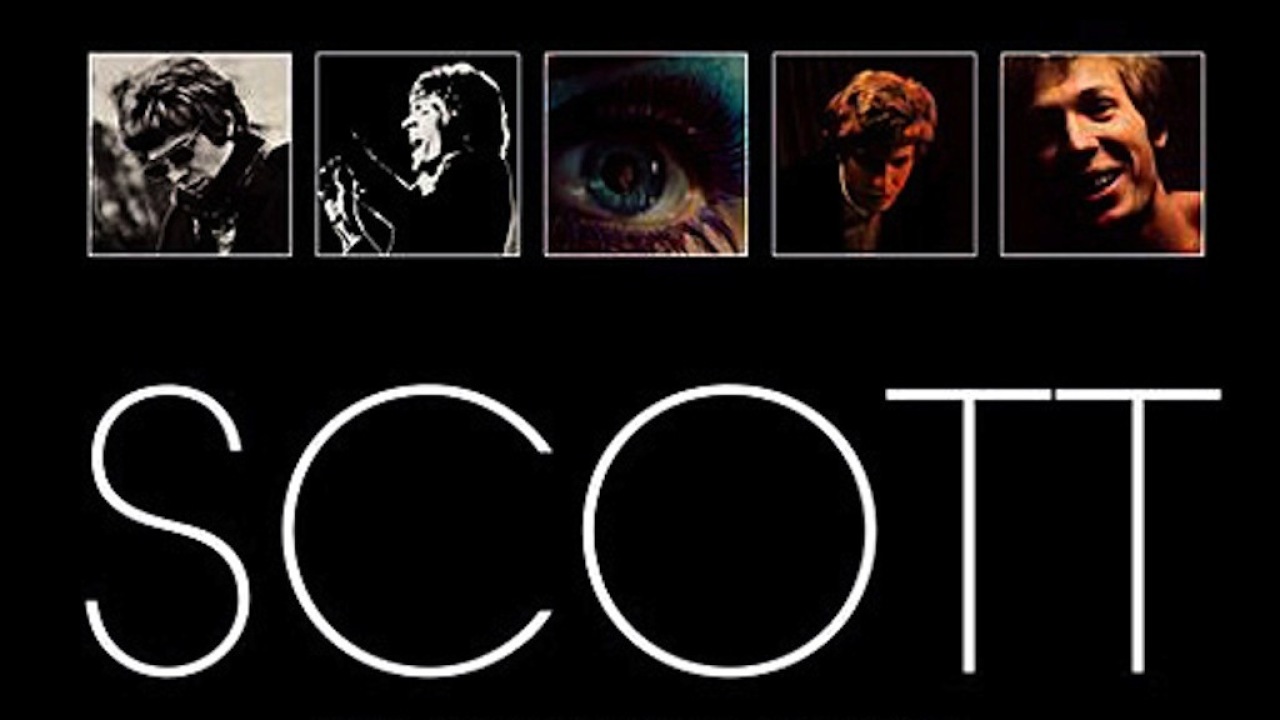Observers have long mused on the apparent mystery of exactly what happened to Scott Walker, and how the honey-voiced Ohio native went from the romantic poster boy of The Sun Ain’t Gonna Shine Anymore to the existentialist outsider of his latter-day recasting. But as Rob Young’s essay here explains, that transformation was well under way even as an increasingly disillusioned Walker was still the face on a million bedroom walls. Even in the Walker Brothers’ chart heyday, he claimed to be happier listening to Beethoven or watching Bergman. This re-release of his first five solo albums shows how the realignment of his cultural touchstones led to a lionhearted rethinking of his entire creative approach.
The collection includes Walker’s first five post-group endeavours up to 1970’s ‘Til The Band Comes In, omitting the collection of songs from his six-part, 1969 BBC TV series in which he played the small-screen variety host to such guests as Dudley Moore, as he released songs with lyrics about stained glass whispers and mourners at his own wake.
The box set gives Walker’s early solo legacy the full treatment, especially deserving of a catalogue that has drifted in and out of print. New sleeve notes and photos accompany original artwork; the expanded, 48-page booklet in the deluxe, 180-gram vinyl edition adds an 11-inch print from Scott 2 and four Melody Maker and NME features from the era.
1967’s Scott, released only six months after Walker’s first farewell to his ‘brothers’, retained elements of his singles-oriented persona, with covers of the likes of Mann/Weil and Tim Hardin, but the sombre aesthete of the Jacques Brel interpretations Mathilde, My Death, Amsterdam was already emerging. Yet his audience went with him, for quite some time at least. That first album hit Number Three in the UK and, six months later, Scott 2 nestled at Number One, outselling Dylan’s John Wesley Harding for a week.
With each release, you hear not a seamless restyling but the absorbing push-and-pull of his personae. By Scott 3, he re-embraces a certain studied romanticism to sit right next to the unsettling It’s Raining Today or the pitch-black humour of Funeral Tango.
It’s never easy listening for long, in any sense of the phrase. Dissonant chords run their nails down the windows of Wally Stott’s exquisite orchestrations, and Brel lyrics about phoney virgins and military whorehouses are designed to make listeners cry, as he told one interviewer. But Walker’s ability to cast truth with beauty remains far ahead of its time. He was, and remains, the 30th Century Man.

